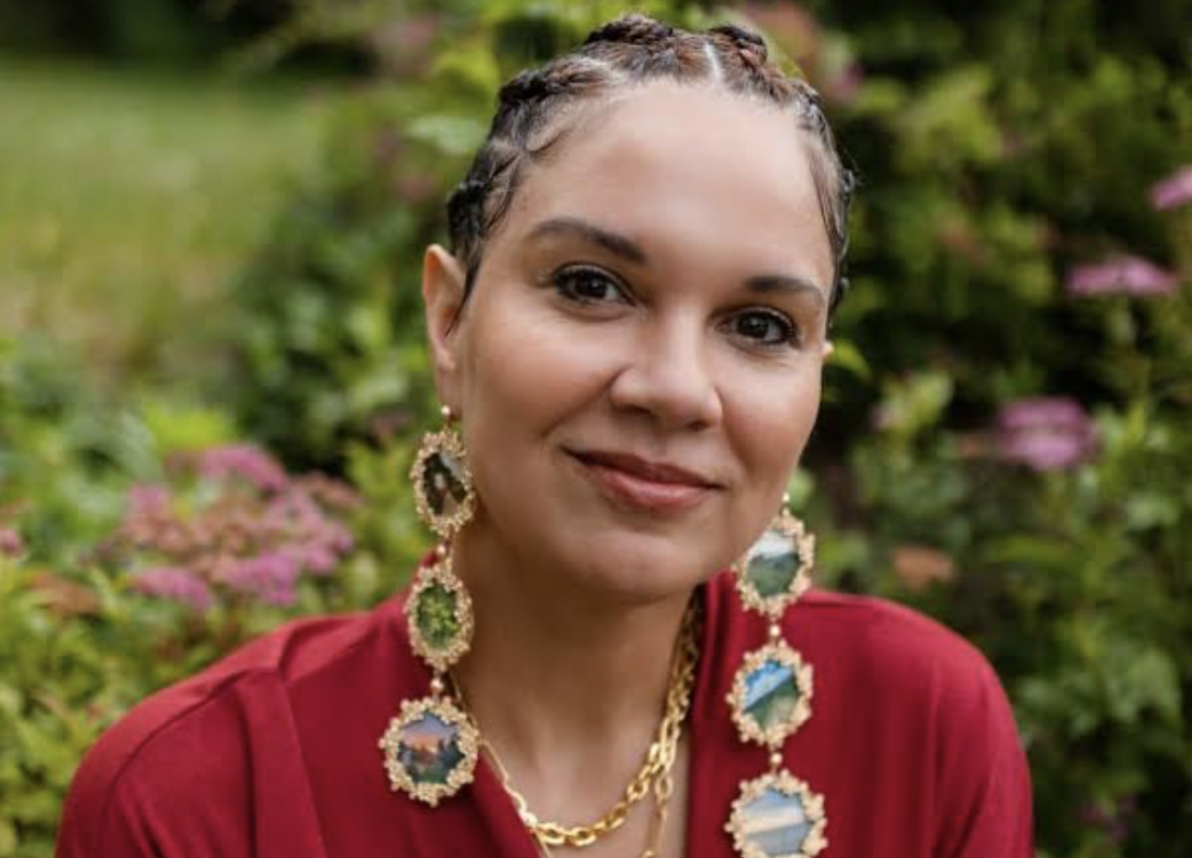
Tiny News Collective exists to support early-stage news entrepreneurs all across the United States who are raising their hands to provide community-focused news and information and places for community connection. We are who we are because of the founders we serve. And we want the journalism field, the civic information space and beyond to know about the creative, impactful work of these founders. To that end, we are thrilled to highlight their stories through an ongoing series of profiles and features.
For our latest feature, we talked with one of TNC’s earliest founders, Crystal Good of Black by God, the West Virginian. The BBG online and print publications showcase the diverse experiences of the Black and BIPOC communities in West Virginia and the Appalachian region. Their goal is to lift the voices, perspectives and issues overlooked by the mainstream media. Good talked about two new newsletters on agriculture and technology, her plans to add more short-form video content and her vision for the future of Black by God.
The way that I look at my audience is I'm accountable to the 65,000 Black West Virginians. And that's who I hold up as an accountability circle. And out of that, I have what I call the “good white liberals,” and they're helpful. And out from that, there is the media audience that is paying attention to BBG, other small publications following me and then all the [local news] initiatives out there. Folks kind of keep an eye on BBG, and that's helpful too because they're able to share grant information with me. That's very, very helpful.
It really shows me the net that Black by God has out there. Even though we're hyper-local, people are paying attention to us through a media lens, and then the biggest ring out there for BBG is the expatriates. Those are people that moved away or they came to college here and fell in love or something else brought them to West Virginia. West Virginia is in their hearts, but they don't live here anymore — but they care. And they need a trusted voice to kind of say, ‘Hey, this is what the what is.’
And hopefully we're delivering that.
I needed to see where BBG’s beats were happening naturally. And then I needed to create some consistency in the content that we have going out. So, naturally, we were gravitating to a lot of agriculture stories, and I just felt a need for technology stories. So agriculture just happened organically, no pun intended, but tech was sort of specific from my lens. This was a space that we really needed to be communicating, sharing scholarships and career opportunities and things like that.
Both of my sons are in cyber-security, and I've learned so much from them, especially being young Black boys in West Virginia, trying to navigate that, but learning about the rewards that are there and networks.
But I didn't pull the trigger at first. I did a call for signups. And I ran two campaigns and 700 people signed up for one email, 600 for the other. And I was like, who are these people?
Who are these people that are interested in Black agriculture in West Virginia, right? And who are these people that are interested in a Black technology conversation in West Virginia? So that was all I needed to know.
So, with these two newsletters, they're still very broad categories. So we're even finding our niche there. And some of that will come from sponsored content agreements that we're working on, which I'm excited about because that will keep the newsletters going.
I've set them up as simple as I can using an RSS feed so that the new newsletters go out once a month. We have our weekly BBG newsletter. And so that kind of takes a little bit of tech pressure off of me. I just have to have four new stories a month for the RSS feed. I work with Indiegraf, and I'm very, very thankful to be a partner with them and love the way that we can innovate together.
I have difficulty asking the readers to pay. They have so many obstacles. A lot of my readers don’t have Wi-Fi. They don’t have broadband. I just don't know if I'll ever be able to charge. But I'm experimenting with sponsored content, and it seems to work out OK. But these have to be very sensitive agreements. We are trying to pick partners who are people I believe in, and I think you have to consider movement journalism and the kind of space that BBG sits in. And we can help them get a message to hard-to-reach and hard-to-serve communities.
They know we are a valuable voice and that we need support to keep going. I’m really thankful for the conversations I’ve been having around sponsored content.
Where I'm really failing is with short video content and TikTok content. I'm trying to manage what I got, but then also consider where the people are. I'm only going to go so far with readers, right? Because even the people that I work with on a community level, every day, they're not even reading my stories.
The problem is, I'm trying to get the attention of folks, and when we started, it was just a different time in America. It was 2020. It was during COVID that I launched this new publication. It was the right time to have people's full attention, and I can see that going away just as I can see that with a lot of the donations and out-of-the-blue people that wanted to give money to Black by God — because there was a lot of guilt money flowing around the country at that time.
I'm not here fighting for attention to get the stories noticed, and I really believe that I'm going to pause on the print edition and switch over and try to start working on video and short, short video content. Something has to pause, and I can’t stop posting on social media, and the websites and the newsletters because I have a commitment to my readers.
I feel good about focusing more on short video content in 2025 and social media engagement and in-person events. We just had a wonderful event in Charleston (see graphic above) about exploring local journalism’s critical role in safeguarding democracy. I really see BBG as a community convener around this journalism conversation. We've already been doing it online, but we want to move people into an IRL (in real life) space. I think Black by God is a good voice to convene these because so much could be done around greater collaboration for regional newsrooms, and that just takes facilitation.
I really want to hit all the categories very well in our news coverage. I also see BBG being in a position to produce more content. Maybe that's short documentaries, maybe it's a podcast. So I see producing some content or having a voice in that space.
I really just want to get BBG standing up really strong so that I am not just the centerpiece for this. I think a lot of people know it's my baby, and I love my baby so much that I want it to be able to function without me. I'm really trying to get things in order so BBG can stand on her own. I’m so busy sometimes that I’m not in the community the way I want to be. I really want to have folks in place that can do these roles that I do currently. That way I can spend more time being the eyes and ears of the community.
I’d really like BBG to be able to scale up and get those 65,000 Black West Virginians into our portal and allow us to grow to a more regional scale to cover Black Central Appalachia. That feels like a good vision.
For more on Crystal's experience as the founder of Black By God, listen to the Local News Matters podcast interview with her.
Learn more about other TNC founders by reading these stories:
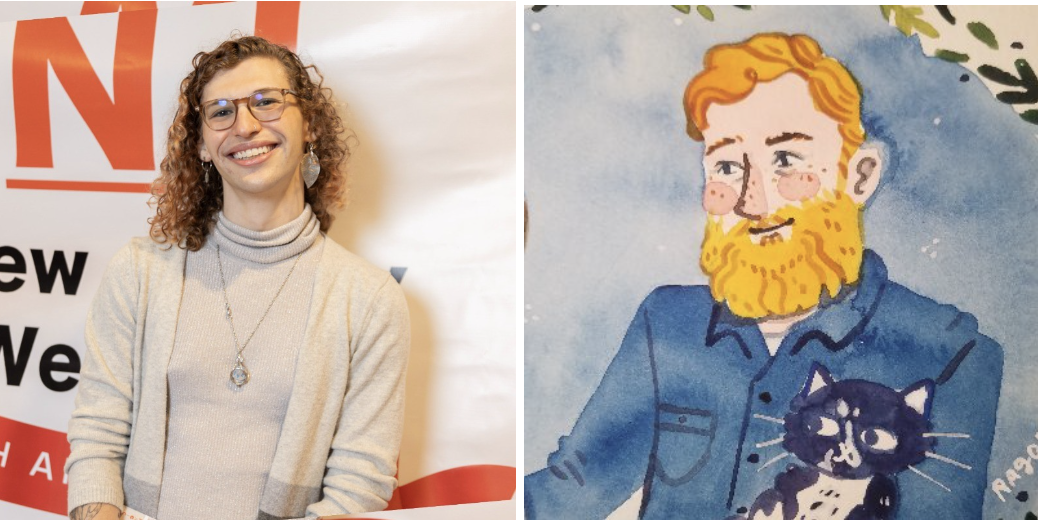
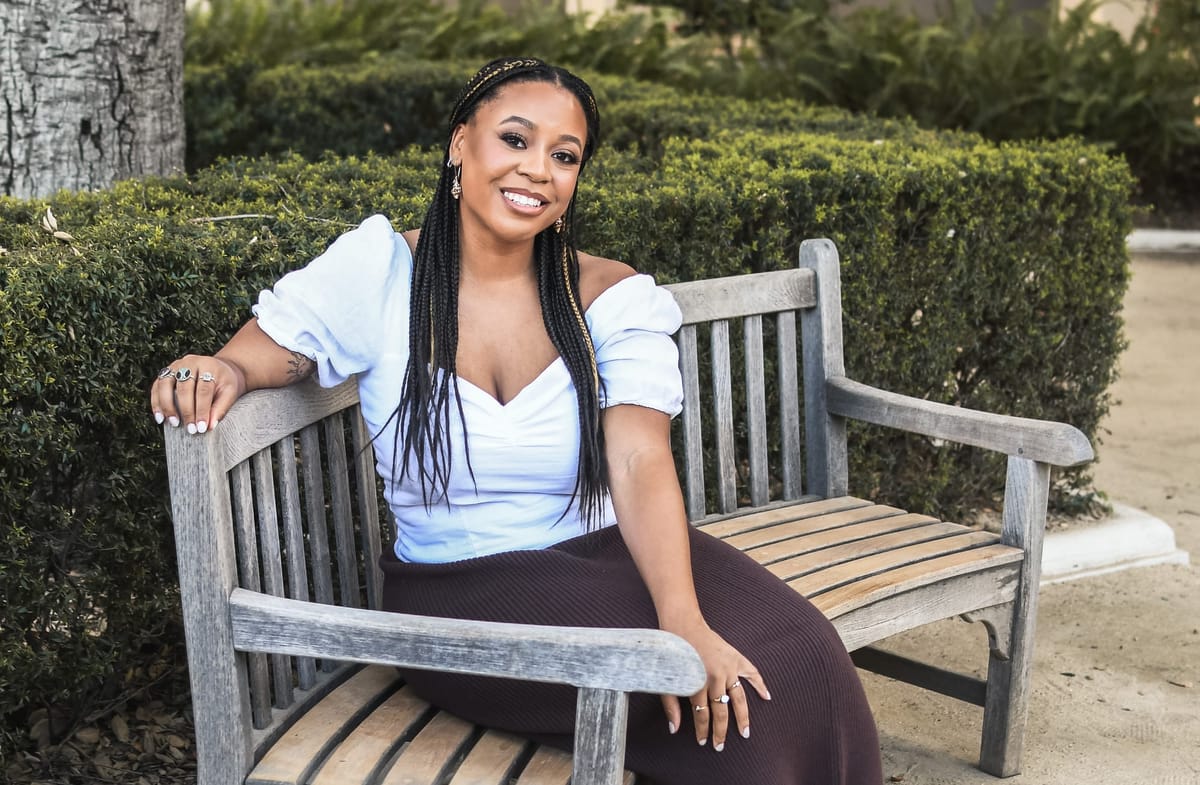
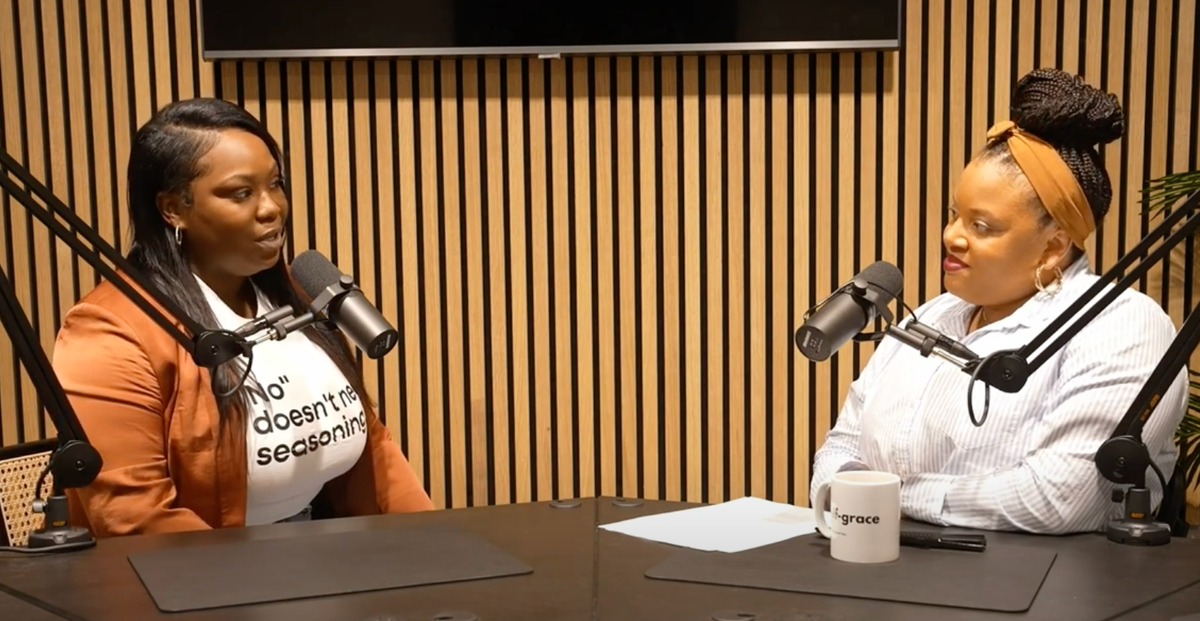
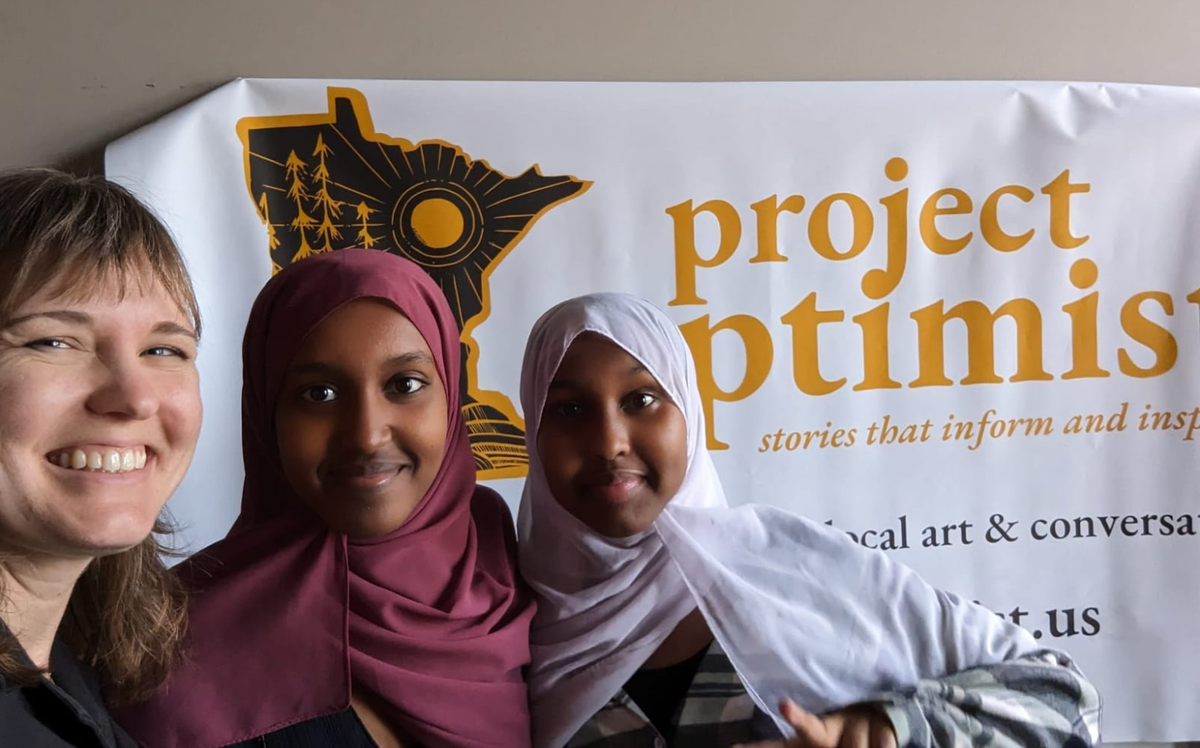
Sign up for our monthly newsletter for ongoing updates, announcements, and resources for newsroom entrepreneurs.